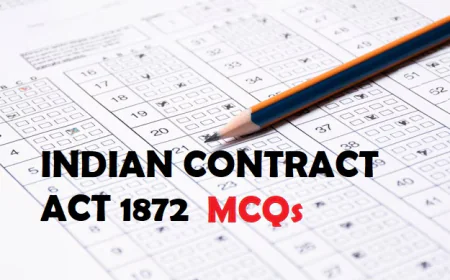Difference between JEE and JEE Advanced
Know key differences between JEE and JEE Advanced, including eligibility criteria, exam pattern, syllabus, difficulty level, and admission to institutions. Understand the importance of each exam and prepare accordingly for your engineering aspirations.

The Joint Entrance Examination (JEE) is a national-level entrance examination for engineering courses in India. It is conducted by the National Testing Agency (NTA) and is divided into two parts: JEE Main and JEE Advanced. While both exams are crucial for engineering aspirants, there are significant differences between the two. In this article, we will discuss the key differences between JEE and JEE Advanced.
Eligibility Criteria
JEE Main and JEE Advanced have different eligibility criteria. To be eligible for JEE Main, candidates must have passed their class 12th examination or an equivalent exam with at least 75% marks (65% for SC/ST/PwD candidates). However, there is no age limit for appearing in JEE Main.
On the other hand, to be eligible for JEE Advanced, candidates must be among the top 2,50,000 (including all categories) qualified candidates in JEE Main. Additionally, candidates must have been born on or after October 1, 1996, and can attempt JEE Advanced a maximum of two times in consecutive years.
Exam Pattern
JEE Main and JEE Advanced have different exam patterns. JEE Main consists of two papers: Paper 1 for B.E./B.Tech courses and Paper 2 for B.Arch/B.Planning courses. Paper 1 has three sections: Physics, Chemistry, and Mathematics, with 20 questions in each section. Paper 2 has three sections: Mathematics, Aptitude Test, and Drawing Test, with 5 questions in each section.
JEE Advanced also has two papers, Paper 1 and Paper 2, with the same section-wise distribution as JEE Main. However, JEE Advanced has more questions and is considered to be more challenging than JEE Main.
Read Also: IITs vs IIITs in India: Which to Choose in 2025?
Syllabus
The syllabus for JEE Main and JEE Advanced is largely the same, covering topics in Physics, Chemistry, and Mathematics. However, JEE Advanced has a more advanced syllabus and covers topics in greater depth.
Difficulty Level
JEE Advanced is considered more difficult than JEE Main. This is because JEE Advanced has a more advanced syllabus and covers topics in greater depth. Additionally, JEE Advanced has more questions and is designed to test a candidate's problem-solving skills and knowledge of advanced concepts.
Admission to Institutions
The scores obtained in JEE Main are used for admission to NITs, IIITs, and other Centrally Funded Technical Institutions (CFTIs), while the scores obtained in JEE Advanced are used for admission to IITs and ISM Dhanbad.
In conclusion, while both JEE Main and JEE Advanced are important for engineering aspirants, there are significant differences between the two exams. JEE Advanced is more challenging and is used for admission to IITs and ISM Dhanbad, while JEE Main is used for admission to NITs, IIITs, and other CFTIs. It is essential for candidates to understand these differences and prepare accordingly to achieve their desired results.
REad Also: Which is better for you chemical or mechanical engineering in 2024?









































